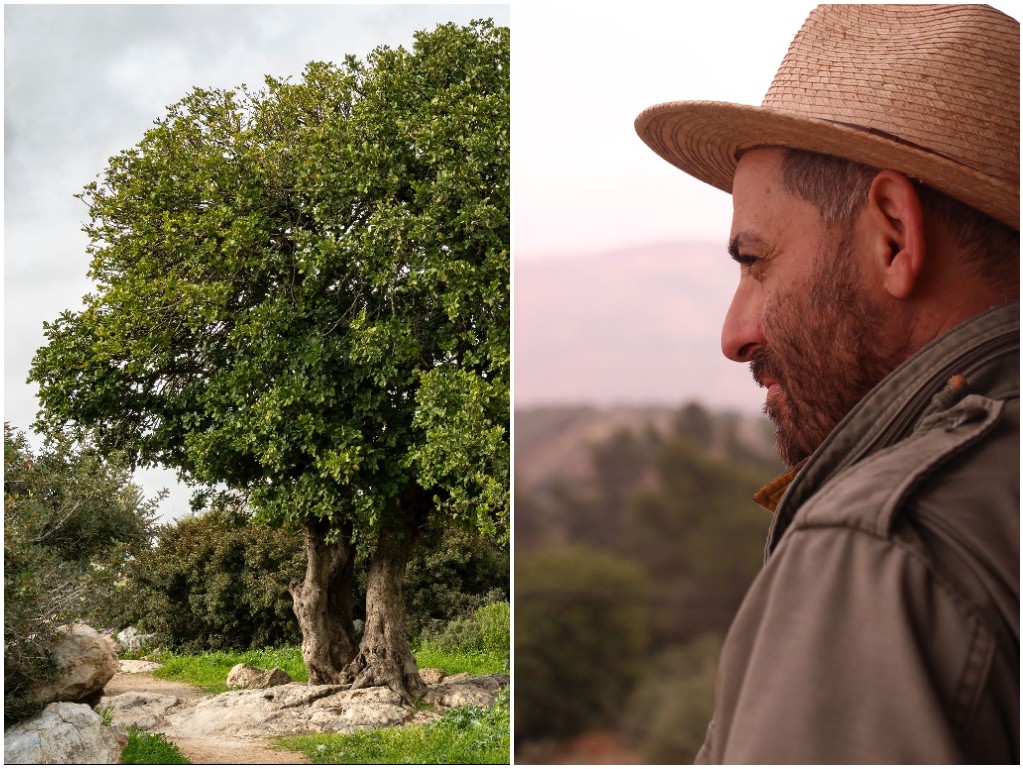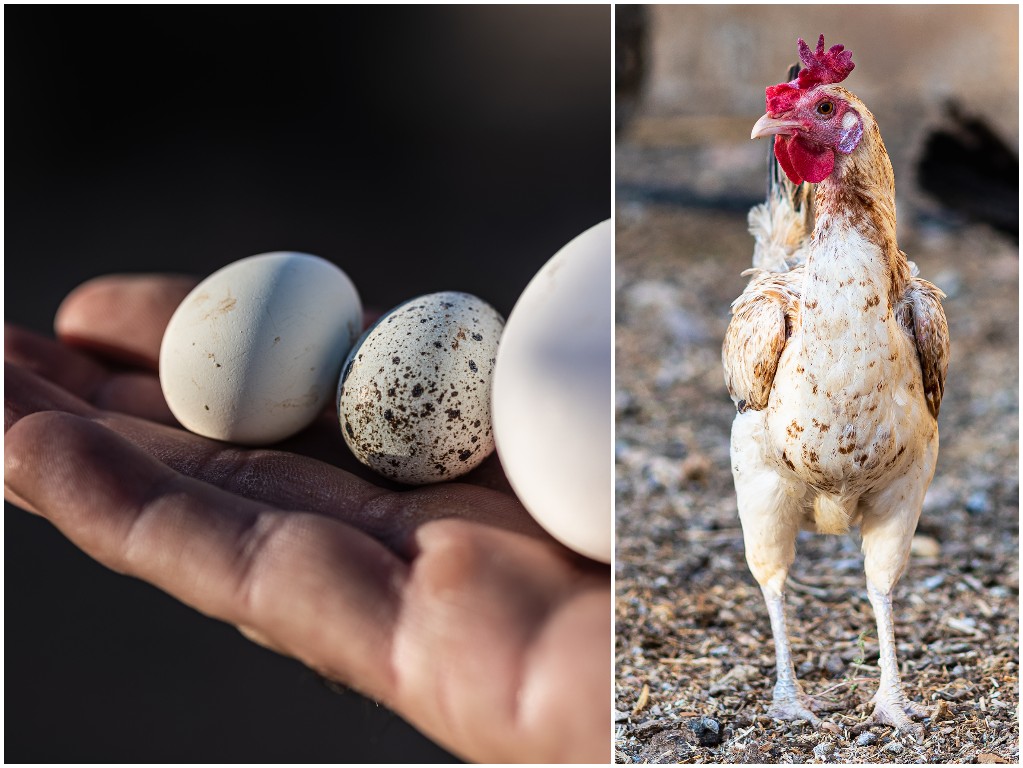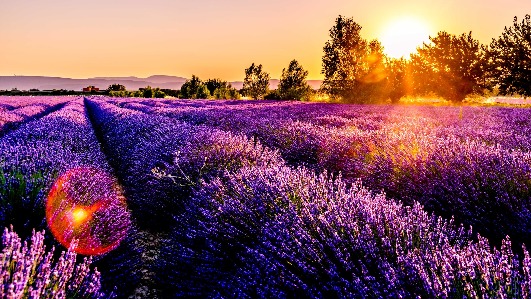At Carob House in Madaba, Jordan, the secret’s in the soil

Walking through a forest on the outskirts of Madaba, Jordan, Rakan Mehyar came across a carob tree.
Kneeling, he scooped up the soil and let it fall between his fingers.
“That day, I found black gold,” he recalled. “I realized then that this is what healthy soil was supposed to look like.”
That same year in 2019, Mehyar inherited an old family farm and subsequently purchased several chickens, seeds and vegetables with the intent of growing sustainable food for his family.
“A few years ago, I started developing anxieties towards foods,” Mehyar explained. “I began feeling nostalgia for what it was like in the 1980s, when my parents owned their own chickens; the taste of a fresh egg; we have lost that completely. The way we’ve treated our plants, animals and soil; it’s hideous and it’s going nowhere.”
Going back to basics
A growing dependence on external imports and the use of harmful chemical pesticides and fertilizers has drastically disrupted Jordan’s once-fertile farmland.
Mass industrialization and the collapse of the ecosystem due to monoculture has further led to an extreme maltreatment of the country’s famous red soil.
And thus, Carob Farms was born out of personal ambition, but also necessity. That same year, Mehyar bought and renovated an old house in Madaba and opened Carob House, a female-led farm-to-table restaurant and social enterprise that doubles as a community kitchen, café, and cultural space highlighting the harmonious partnerships between Jordan’s local farmers, food artisans and chefs.
Re-imagining Jordan’s agriculture
Using produce sown and harvested by a small network of local farmers from the nearby Carob Farms, the restaurant is the groundwork for a larger initiative that seeks to reimagine a more organic approach to Jordan’s crop cultivation.
“We can’t save our communities or ourselves on our own, so I’ve connected with other farmers to study food systems and exchange knowledge to redirect the market dynamics to support local,” Mehyar explained.
“Despite Jordan’s red soil, it’s been degraded and compacted due to years of fracture and overtilling, without caring about what happens underneath the soil,” he continued. “If we can reimagine the soil, we can reimagine our food and revive our indigenous resources.”

Carob House features an open-concept communal kitchen that encourages local chefs to create dishes based on heritage while considering modern gastronomy concepts.
“We’re bringing back a lot of food items that have been forgotten about,” Mehyar said. One such example of this is the restaurant’s use of its symbolic ingredient, the carob, from which it gets its namesake.

Native to Jordan, the carob tree is an ancient species of trees found in the Levant. A resilient species, it can withstand severe periods of drought and can grow upwards of 50 feet tall. Carob trees produce elongated fruit pods which can be boiled down to create a rich, naturally sweetened molasses. “Nobody is using this anymore, but now, we’re making carob ice cream at the restaurant and using the molasses in other recipes,” Mehyar explained.
Although in its early stages, Mehyar says the Carob brand (both the farm and the restaurant) is an evolving story that ultimately celebrates soil.
“Food is just one part of it,” he says. “At Carob House, we’re working with nature, not against it. If we can instill ethics into our mental consciousness and tap into a proper knowledge system, we can create an alternative socioeconomic model and see real regeneration.”
This story first appeared in the Spring 2024 issue of Culinary Travels. Click here to subscribe.
To plan your own culinary trip to Jordan, go to visitjordan.com. To learn more about the story of Carob House, visit carob.earth.


